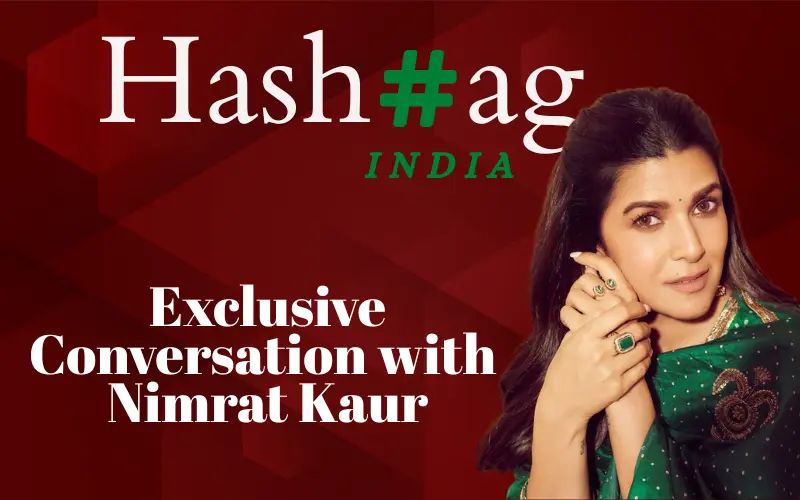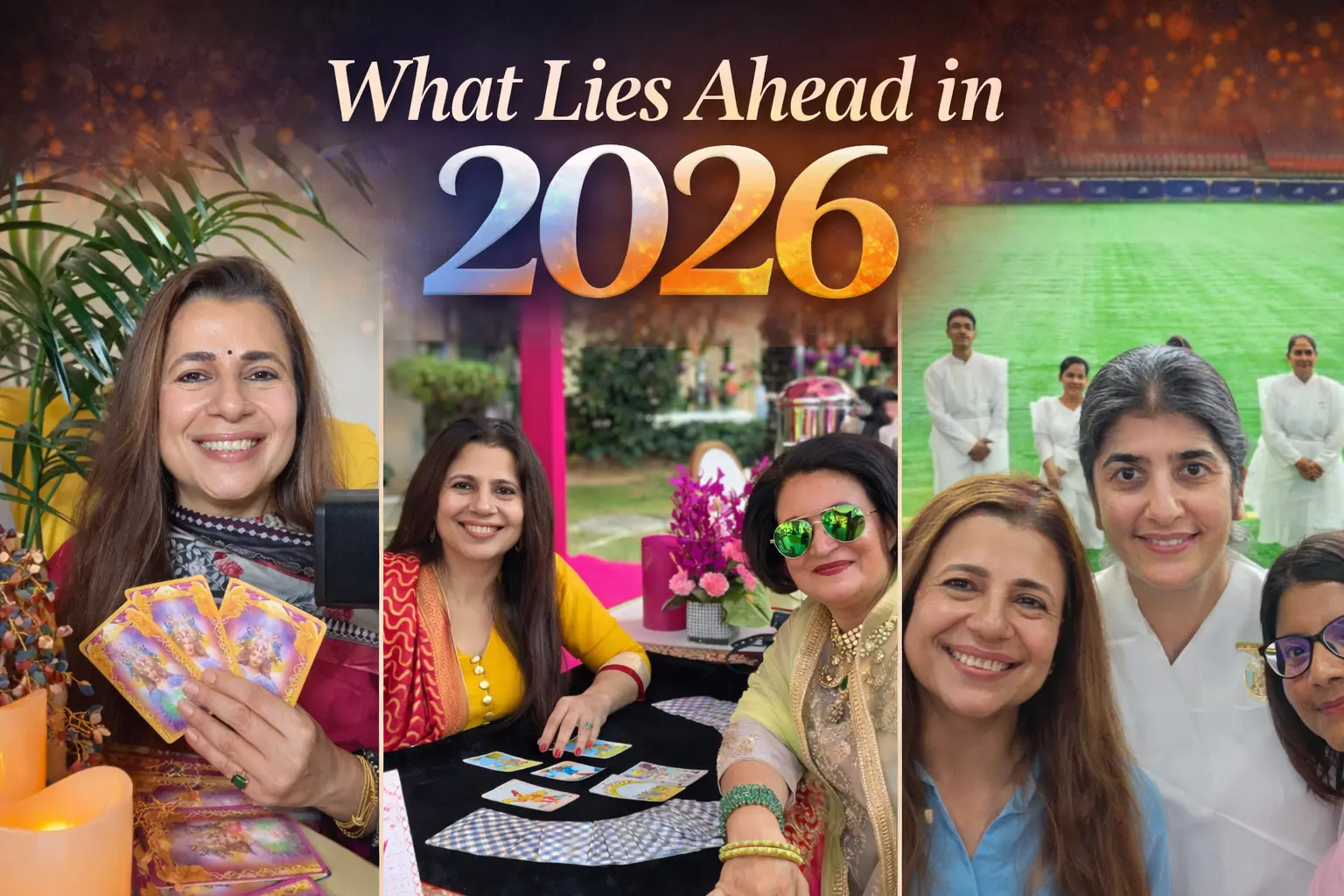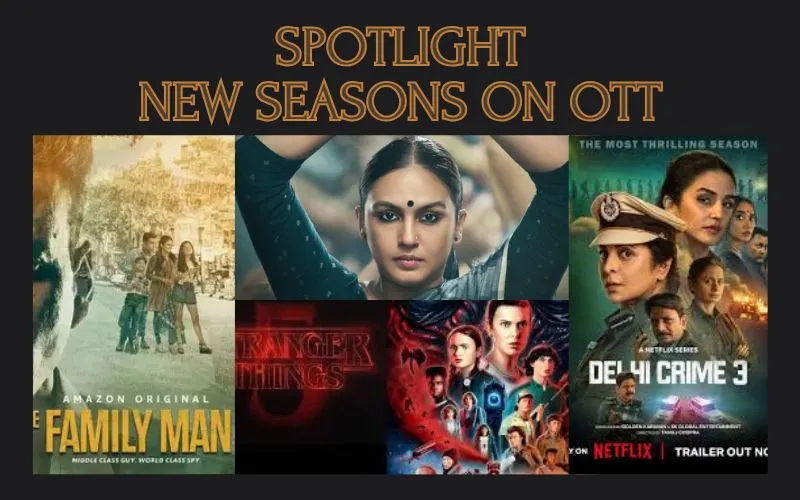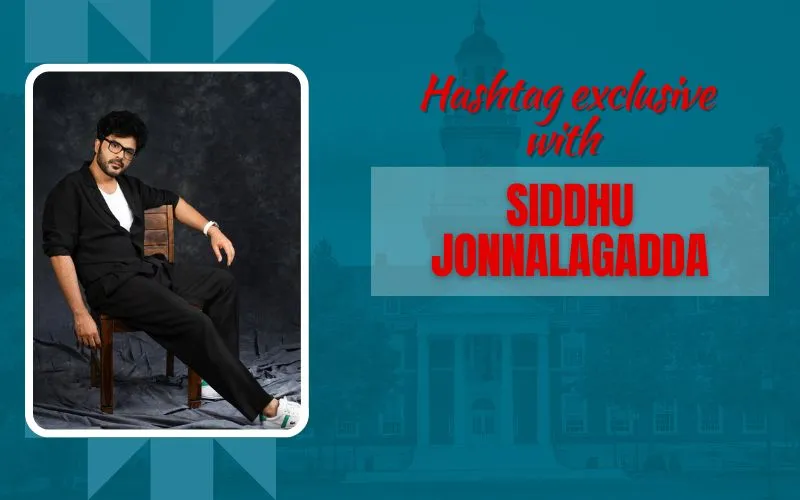Nimrat Kaur is back with a powerful role in Kull: The Legacy of the Raisinghs, a family drama that dives deep into generational wounds and societal facades. The actor, known for her intensity and grace, brings a haunting vulnerability to her character Indrani. In an exclusive chat with LIPIKA VARMA, Nimrat discusses the show’s themes, her artistic journey, and the emotional tribute she recently paid to her father.
On the title, “Kull”- Yes, absolutely, kull is an interesting word, right? Kul-dosh, kul-ko-aage-badhane-wala. It symbolizes lineage, burdens, responsibilities. I really liked the title when Ekta chose it. I hoped it would stay. For me, Kull represents generational trauma and the weight we carry forward.
On Indrani, her character-I feel incredibly grateful that people have embraced Indrani Rai Singh’s part and they have been able to relate to her circumstances, not necessarily her as a person, which I think was my intention in any case in the first place. Behind the sarees, the pearls, the carefully curated perfection, there’s a broken woman barely holding it together. By the end, she becomes so lost in her own delusions, she can’t even tell what’s real anymore.
On doing justice to all the characters–Meryl Streep once said, you don’t become someone else entirely—you bring bits of yourself into every role. And that’s so true. I live on my own, I make my own decisions, I have a certain kind of independence in how I think and move through the world. That probably seeps into the women I play. Every character has a journey, a heartbeat—I always try to tap into that.
Working with Ekta Kapoor- Ekta gave me my first web series, “The Test Case,” before OTT platforms even existed. That was a bold move. She gave me a platform when the space was still new, and I’m very thankful for that. She’s always been a solid support.
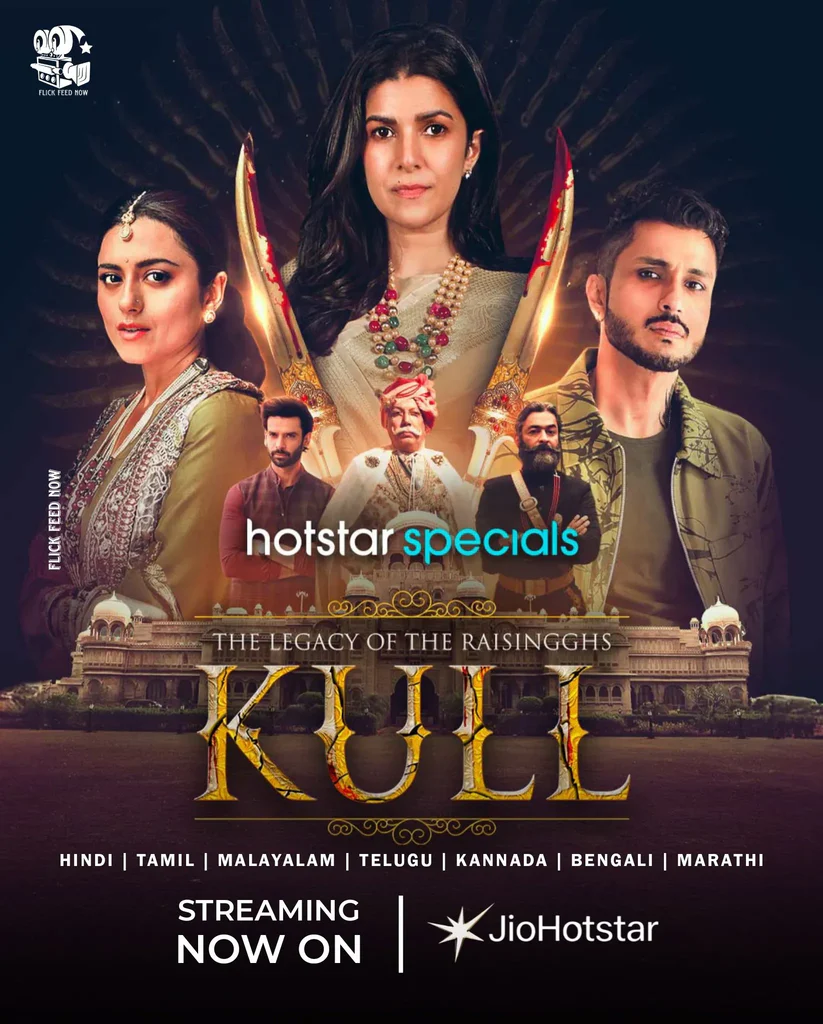
On how Ekta has evolved as a storyteller–She’s only gotten braver. Her appetite for risk has grown, and she adapts so well to change. She understands exactly what the pulse of the audience is and what they want to see and what’s lacking. I feel like, to a large extent her choice of picking up Kull as a story and bringing it to the screen was because there is a big dearth of content like this. I don’t know when the last time we saw a story like this was.
On living with unpredictability as an artist–When you sign up to be an artist, you sign up for unpredictability. Even if I were a singer or a painter or a dancer or anything. You become relevant and irrelevant so quickly, sometimes even you don’t realise that. One day, I’ll be the toast of the town, and everyone wants to meet me and talk about me. And then the next two weeks, they’ll be like, yes, she’s a dependable actor. Yeah, of course she does good work. I think that’s a part and parcel of life. And I feel like the best way for me to exist is to not think about any of it. Because if I start thinking about what lies ahead, what will I do? Will I be working in the kind of films I want to or not? Then I’ll be digging a big hole for myself, and I will not be able to crawl out of that.
On honouring her father-This was a dream we harboured for a very long time, creating something in my father’s birthplace, in Ganganagar district, in his honour. Recently, his Jodhpur University classmates held a small function there. It took years to make this happen, and coordination with the army, civil authorities, finding the right sculptor in Jaipur; but on his birthday last year, we finally inaugurated it. It’s something my family will treasure forever. It feels really good, you know, that I’m in a place in life with God’s grace where I’m able to make something like this happen, which is a life dream for us as a family.
Nimrat Kaur recently honoured her late father, Major Bhupender Singh, who was martyred in Kashmir in 1994. She and her family inaugurated a memorial in Sri Ganganagar dedicated to him and other martyrs. This memorial honours her father and twelve other soldiers who lost their lives in service to the nation.

